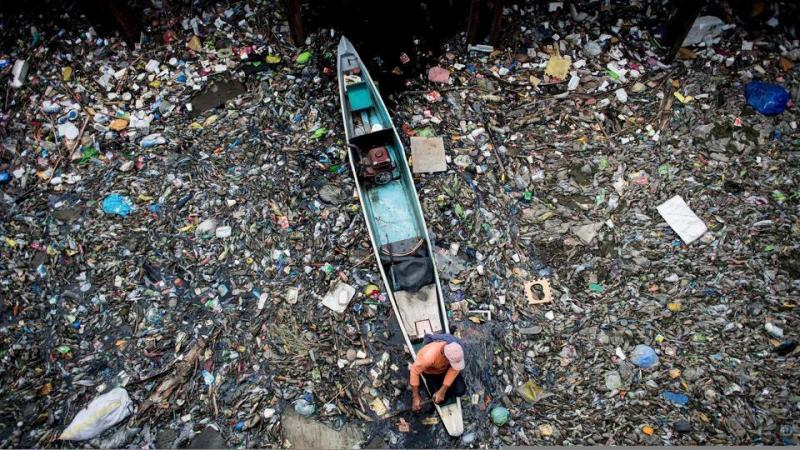A plea to approve Panama’s Zero Waste Bill

Did you know that Panama produces the most garbage per capita daily compared to all other Latin American countries, except one?
According to statistics from the Inter-American Development Bank (IDB) and the Pan American Health Organization (PAHO), Panama is producing 1.22 kilos per person per day and is second only to Chile with 1,25 kilos per person per day.
But what’s even more alarming is that only 5% of the waste produced in Panama is recycled. With Panama City producing an average of 2,500 tons of waste per day, and the country producing on average 4, 800 tons a day - a lot is being thrown out that could actually be recycled.
Experts suggest that almost half of what is being tossed in the trash daily is composed of materials that can be recycled: plastic, paper, cardboard, metals, and glass. The rest, organic waste, reports La Prensa.
There are few things that need to happen. Firstly, legislation needs to address waste management in a comprehensive manner. Secondly, an education campaign must be implemented. The foundations for change in waste management have already been laid in Panama, with a bill known as Zero Waste being approved in the third debate. However, the bill (like others) is still awaiting the approval of the president of the republic.
Zero Waste is a waste management policy that has worked in other Latin American countries, and all over the world. It requires that residential, commercial and industrial waste be separated according to its type. Zero Waste is a 20- year plan with an estimated cost of $100 million and includes a major education campaign to be implemented in schools, universities, and neighborhoods.
However, this initial investment could end up making the country a significant gain. Estimates from the government show that the recycled materials that could generate upwards of $47 million annually. With the bill implemented waste could be reduced by at least 30% by 2035 in Panama.
Zero Waste is a bill that needs to be implemented in Panama now. Infrastructure must be created and supported to encourage the population to recycle. We need to increase the 5%. The Urban and Domiciliary Cleaning Authority (AAUD) the entity responsible for waste management, agrees that there is a need for legislation that addresses waste management in a comprehensive manner. The Municipality, that led the bill to the National Assembly, agrees. Now we ask for the approval of the Zero Waste from the President of the country, Juan Carlos Varela.
Trending Tags
